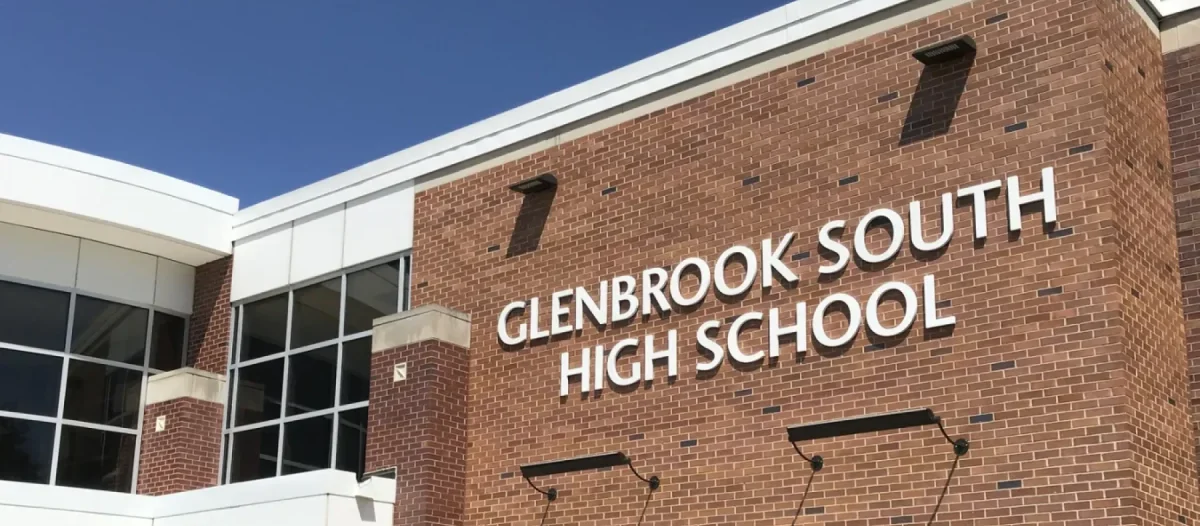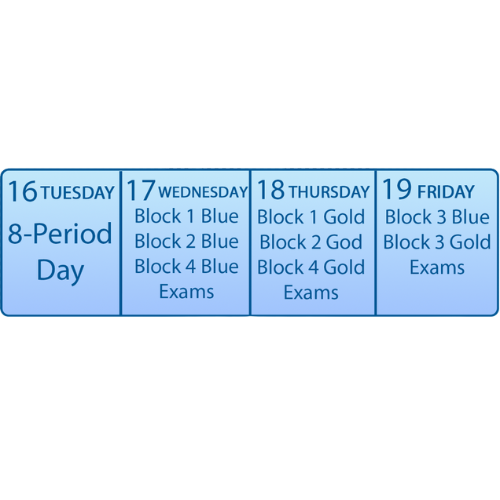The 2012 Republican primaries are beginning their second month with remaining candidates Newt Gingrich, Ron Paul, Mitt Romney and Rick Santorum under the scrutiny of the American people, including South students and faculty.
To senior Haley Tuchman, President Barack Obama’s youth support is fading from the 2008 election. Tuchman predicts that young people, and whether they will gravitate towards other candidates, could be a deciding factor in the 2012 election.
“Saying yes or no to different candidates has the power to change public policy for years to come,” Tuchman said. “We are entering a stage where our vote really can make a difference for the future of America.”
In an Oracle-conducted survey, 38 out of 125 students chose Mitt Romney as the most fit Republican to assume the presidency if elected.
Rohan Shah, an economic Republican and social liberal, believes Romney represents his political views more than any other Republican candidate. Shah said that except for John Hunstman, who dropped out of the race and endorsed Romney Jan. 16, Romney is the most moderate and consistent candidate.
According to CNN.com, Romney won the New Hampshire primary with 39.3 percent of the vote. Paul, the runner-up, took 22.9 percent of the vote.
David Kane, Political Science teacher, said Romney tries to simultaneously please moderates voting in the general election and “hard-core” conservatives voting in the primaries. According to Kane, despite Romney’s success, “hard-core” conservatives don’t believe Romney is the best candidate. Kane said Romney-Care, the Massachusetts healthcare reform law, is the top policy alienating Romney.
“When Romney was governor of Massachusetts, he put forth Romney-Care, which was not a bottom-up, free market system,” Santorum said, during the Jan. 19 GOP debate. “[Romney-Care] was a government-run healthcare system which was the basis of Obama-Care. It has been an abject failure and [Romney] has stood by it.”
According to Shah, because the state government has different privileges than the federal government, Romney was able to institute a mandate that requires citizens to purchase health insurance. Shah said some Republicans, including Paul, feel the mandate is a violation of personal liberties.
Kane recognizes Paul as the “wild card” in the current election because he identifies with young people. Kane said even though he is 76 years old, Paul attracts youth through plans to legalize marijuana, prostitution and remove troops from Afghanistan.
“Young people are always craving change when things aren’t going well for them,” Tuchman said. “Although [Paul] does not represent change in the same way President Obama did in the last election, he is a step away from the current gridlock and inefficiency of Washington. I think that’s what young people want, problems to be solved quickly and efficiently so that as we pay into the system, there is still something left for us.”
In the same Oracle-conducted survey, 27 out of 125 South students would be most interested to hear the candidates address job creation. In the Jan. 7 GOP debate, Romney and Gingrich stated that Obama is the biggest impediment to job creation in America.
“I’m not going to say that [Obama] isn’t focusing on creating jobs at all, because he is,” Shah said. “But to a much greater degree, [Obama] seems much more equipped to lead a country and an economy through a crisis as opposed to a recovery.”
According to Kane, attacks regarding the candidates’ plans are frequent in primary elections so their campaign is important. If a politician can’t afford advertisements, he is unlikely to gain steam.
Kane contrasts Romney’s advertisement-based campaign with Santorum’s campaign, as he is a candidate who must resort to alternate strategies because of a limited budget. Kane said Santorum visited every county in Iowa before the caucuses took place Jan. 3. According to CNN.com, Santorum won the Iowa caucuses by 34 votes.
Seniors Taylor Brown and Tuchman agree that South seniors who are able to vote in the coming elections should not vote without being informed.
“Too many people have fought and died for our right to vote for us to just check a box,” Brown said. “Democracy only works well if you have an informed voting populace […]”
Kane urges voting students to be “concerned consumers” and establish five critical issues they would like their candidate to uphold.
“Don’t automatically pull that lever just because they have a ‘R’ or a ‘D’ next to their name,” Kane said.







